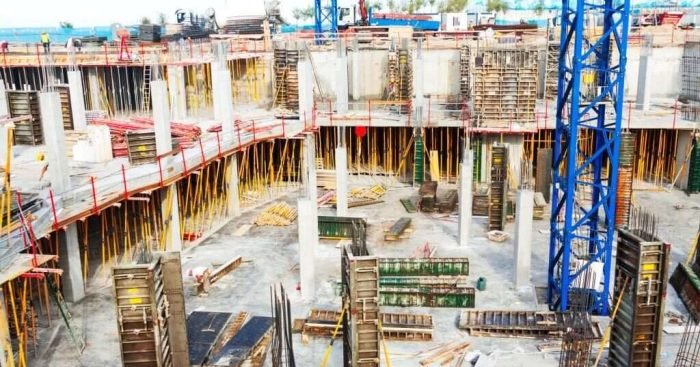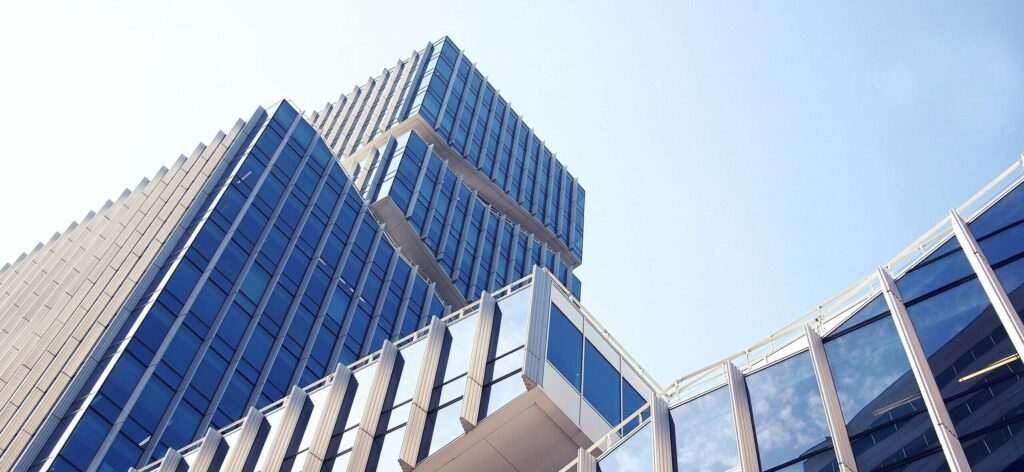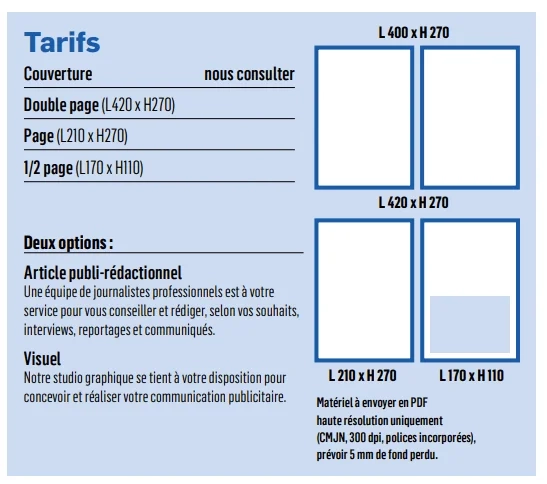Space not available
The file format is not recognized
Reserve this advertising space
Post an ad : banner or video
press release, interview, sponsorship
Choose this advertising space
and click here to transmit
an announcement file
Your ad in pop-up format
Choose this advertising space
and click here to transmit
an announcement file
a file
or
Transmit here
a file
– Construction, a structuring activity

The numerous rehabilitation and construction operations of basic infrastructure, the carrying out of civil engineering works by certain oil companies contribute significantly to the development of the sector.
Space not available
The file format is not recognized
Reserve this advertising space
Post an ad : banner or video
press release, interview, sponsorship
Choose this advertising space
and click here to transmit
an announcement file
Your ad in pop-up format
Choose this advertising space
and click here to transmit
an announcement file
a file
or
Transmit here
a file
The government has projected budget allocations for the Infrastructure and Public Works sector at more than 714 billion Congolese Francs, or $357.2 million, in the draft Finance Law for the 2022 budget year. This amount represents 3.74% of the draft general budget for 2022, which amounts to nearly $10 billion. The increase in these allocations is a strong signal from the government, which has given itself the mission of improving infrastructure, particularly roads to facilitate trade between the different cities of the DRC, public administration buildings and schools.
These budgetary allocations for the Infrastructure and Public Works sector are expected to record an increase rate of 44.9% during the year 2022.
The construction sector is driven by the private sector and is performing well despite the economic crisis linked to Covid-19. According to estimates from the Commission for Statistical Studies and National Accounts (CESCN), the secondary sector has seen a growing performance since 2017, based mainly on the strong performance of the Buildings and Public Works sector.
For several years, the country has been in the midst of rebuilding its infrastructure, making it a priority investment sector and a wealth of business opportunities. The construction and maintenance sectors offer highly attractive investment opportunities.
In the construction sector, the real estate boom is underway, with the development of residential construction. The housing shortage is estimated at millions of units.
The DRC is experiencing strong demand in the major construction sector. This momentum follows the national policy of infrastructure reconstruction.
The Regulatory Authority for Subcontracting in the Private Sector (ARSP) has established a partnership system with the companies concerned to share experiences, challenges, and difficulties so that they can find solutions together. They are thus invited to integrate the subcontractors with whom they must work and ensure that the majority of these are Congolese.
Space not available
The file format is not recognized
Reserve this advertising space
Post an ad : banner or video
press release, interview, sponsorship
Choose this advertising space
and click here to transmit
an announcement file
Your ad in pop-up format
Choose this advertising space
and click here to transmit
an announcement file
a file
or
Transmit here
a file
The cement sector, a factor of growth and development
Cement production is a vital activity in strengthening a country's overall infrastructure. In the DRC, the ten or so companies in the sector are seeking to develop a model that combines business expansion with responsibility for the country's inclusive development.
However, the sector is subject to unfair competition from neighboring countries, which has a negative impact on the income of cement manufacturers established in the country. The Minister of Industry has recommended that these cement plants access the investment code to benefit from tax breaks. In the western part of the country, of the 3.2 million tons of installed capacity in the cement sector, barely 40% is being used. Yet, this demand is in line with local demand. Currently, the market is virtually controlled by three main players located in Kongo Central. The electricity deficit, combined with fraudulent imports, has been one of the reasons for the shutdown of cement plants. Thus, the commissioning of the Kongo Cement Plant (CIMKO), a partnership between the Rawji group and Pakistani company Lucky Cement, was conditional on the installation of a power transmission line from the National Electricity Company (SNEL). PPC Barnet is expected to produce 2.2 million tonnes of cement per year and 1.2 million for Cimenterie Kongo (CIMKO).
Although cement consumption per capita (25 kg) is lower than the average for sub-Saharan Africa (90 kg), the DRC remains a promising region of consumption given the need for infrastructure to be put in place.
Space not available
The file format is not recognized
Reserve this advertising space
Post an ad : banner or video
press release, interview, sponsorship
Choose this advertising space
and click here to transmit
an announcement file
Your ad in pop-up format
Choose this advertising space
and click here to transmit
an announcement file
a file
or
Transmit here
a file
















 A Seat That Transforms into a Bed
A Seat That Transforms into a Bed  In the world of air travel, economy class is often considered the most affordable option. However, at Air Afrika, we believe that affordability shouldn't mean compromising on quality of service. Our class
In the world of air travel, economy class is often considered the most affordable option. However, at Air Afrika, we believe that affordability shouldn't mean compromising on quality of service. Our class











